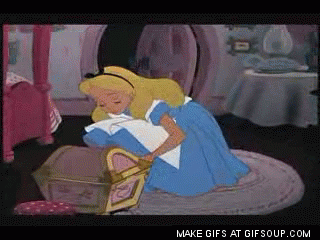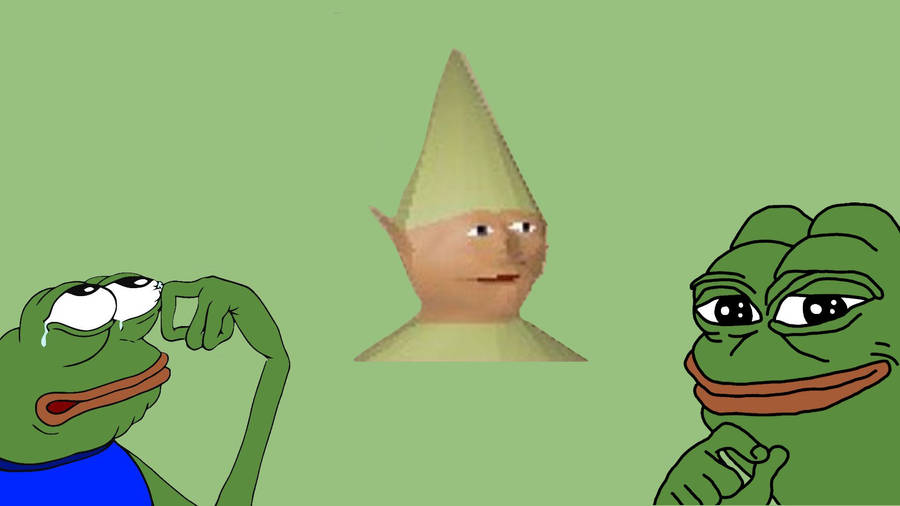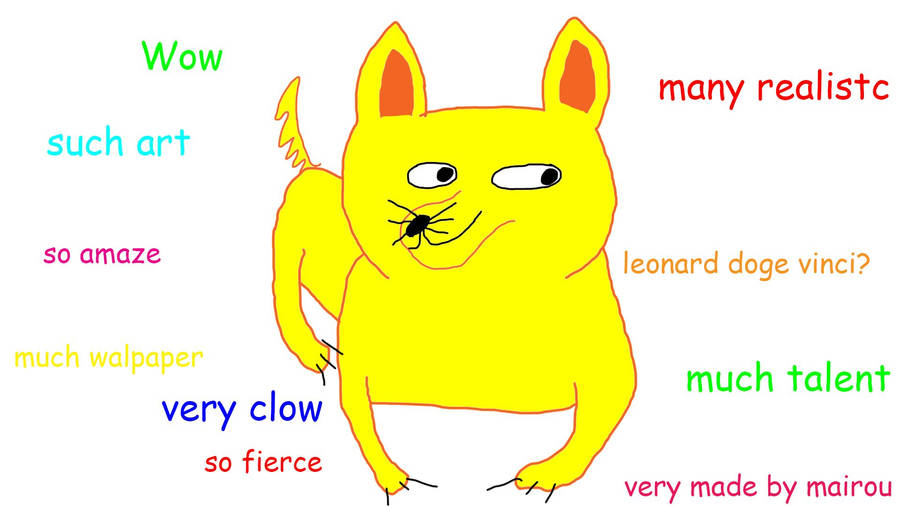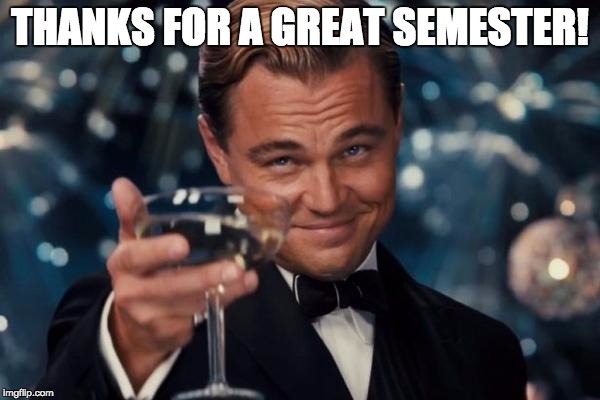Module 3 felt like it flew by way too fast. I felt as if one day I was sitting in lecture
learning about phage batteries for the first time, and then, the next thing I
knew, we’d finished our batteries and I was shoulder-deep in a sealed glovebox awkwardly
moving around with about as much dexterity and flexibility as a crab (FYI if
you simply pick up a crab from behind they can’t really do…anything at all). And a couple days later, I was giving a
presentation on… transgenic flax plants?
All jokes aside (not really), I
think Module 3 may have been my favorite of the whole class. For me, that was a bit unexpected, because within
biological engineering, I tend to be drawn more towards technologies with
medical applications, rather than commercial applications. I think it may have been the combination of
the virus with the battery, the meeting of natural and industrial, the joining
of biology with consumer technology. It
didn’t hurt that I got an actual, physical battery that I could take home! Of course, when I took a picture of my
battery and sent it to my parents, I got these responses:
They were just pulling my leg, as
they often do, but that got me thinking about communication in science and how
frequently scientists deal with misinformation and detrimental preconceived notions. To the average person, “Biological
Engineering” conjures up images of dastardly or foolhardy scientists creating “superbugs”
that result in a Walking Dead-esque apocalypse.
In reality, I’m not doing that at all.
I mean, how can I possibly hope to do that when I’m struggling through
situations like this:
(again with the dexterity and
flexibility difficulties)
But really, the idea that there
exists a not-insignificant amount of people out there in the world who first
think of what I study as destructive (even as a joke) just further underscores
the need for effective communication in this field of science. In any science, really, ineffective
communication can be disastrous. And
effective communication can be really hard, which is why we practice it so much
in 20.109.
Effective scientific communication is another matter entirely, which I definitely
learned this semester. In particular,
artistic and scientific communication are just different beasts. I did a lot of musical extracurriculars back
in high school, and I have to admit that playing guitar in front of 500 people
is much easier and less nerve-wracking than giving a 12 minute scientific
proposal in front of 10 people. But with
both of those “performances,” there are partners there for support, and I’m
really grateful that Sarah and Devany could account for my (ever-so-slightly)
shaking knees and make up for my nervousness. I’m also really grateful for everyone who
helped make Module 3 run smoothly, including Jifa, Prof. Belcher, and the whole
20.109 teaching team!














